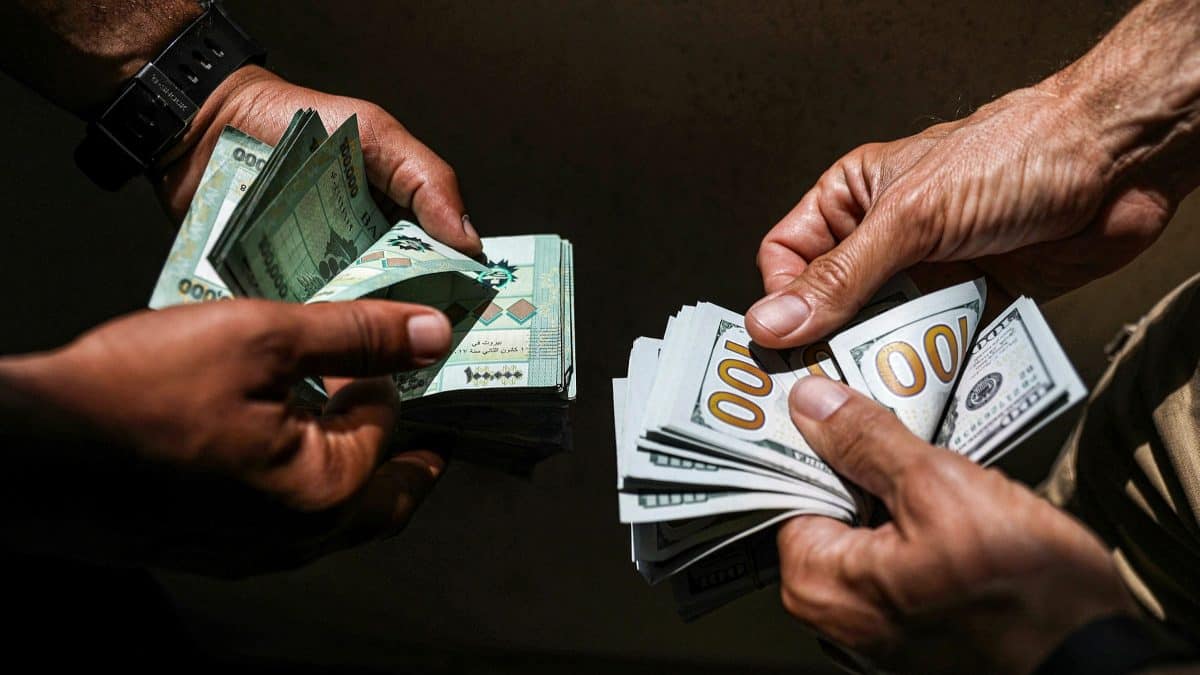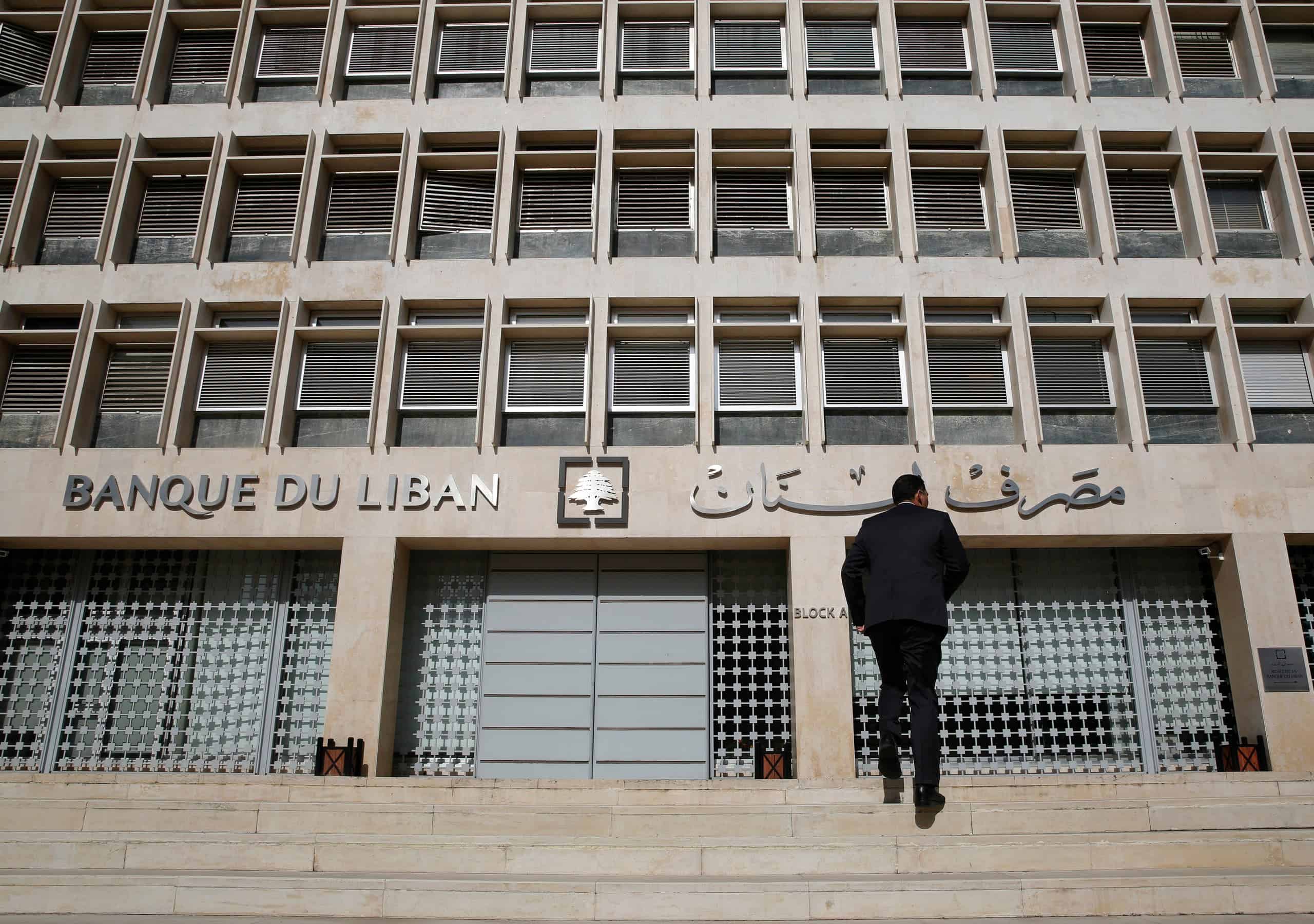Lebanon, which is facing one of the sharpest depressions of modern times, has been assailed by compounded crises. The country that spent almost 30 years slowly recovering from a 1975-90 civil war is facing worse kinds of financial and political meltdown, poverty, unemployment, and inflation. Fuel shortages have further ignited country-wide security incidents.
Amidst all this, some of the data examined by TRENDS point to a US$7-billion scam involving the country’s central bank and powerful individuals. Apparently, the poor and weak policies of Banque du Liban (BDL) helped create a “Ponzi” scheme involving Eurobonds.

While the government was getting loans in US dollars and this created an enormous deficit in absence of an income, the BDL decided to keep buying Eurobonds to pay for Eurobonds bought earlier, creating a Ponzi scheme.
A Beirut-based analyst, who wished not to be named, said that when banks stopped buying Eurobonds, the Lebanese central bank came up with the financial engineering plan which created a Ponzi scheme, yet again.
The BDL statements suggest that a large amount of money was transferred from the bank accounts of highly influential Lebanese to international banks in Europe and the US through BDL at a time when the country was not only witnessing an unprecedented economic crisis but common people were barred from withdrawing cash in the country creating a furor and a deep sense of inequality among the Lebanese people.
The latest investigation by TRENDS may help in finding out why Lebanon defaulted on its massive pile of public debt in March 2020, including $31 billion of Eurobonds that remain outstanding to creditors.
FOR THE FULL REPORT, click here








